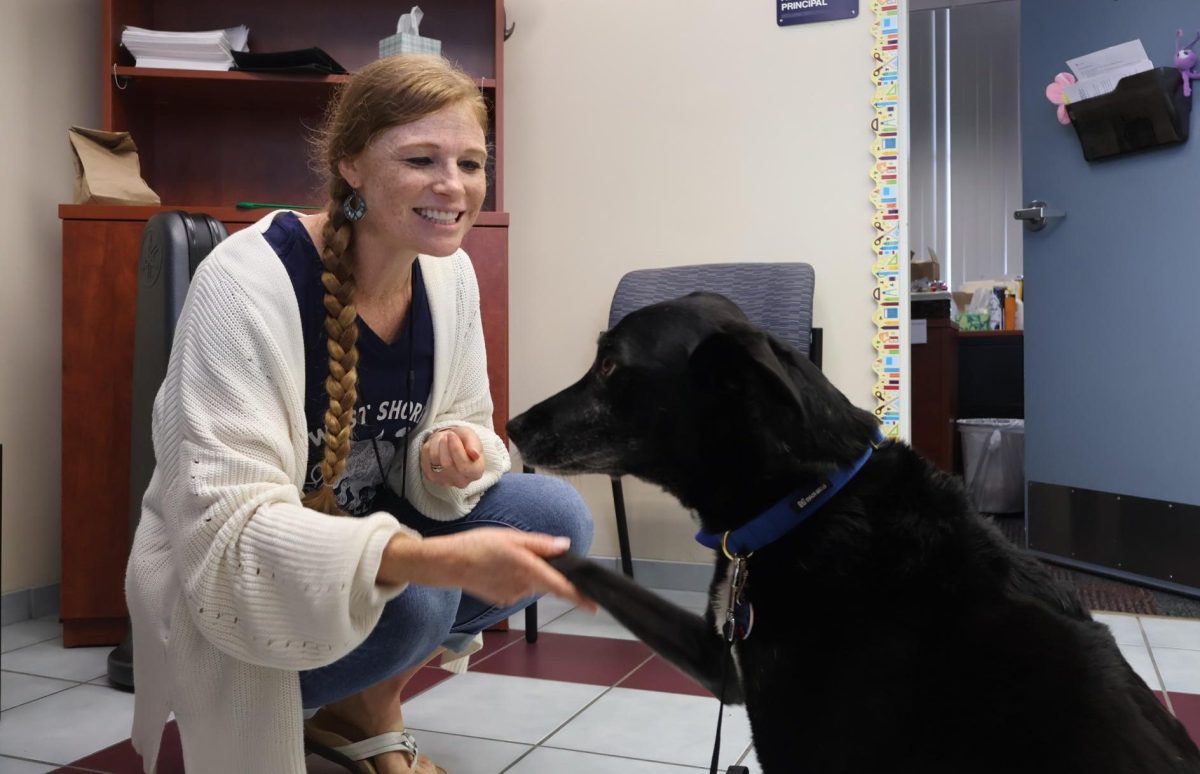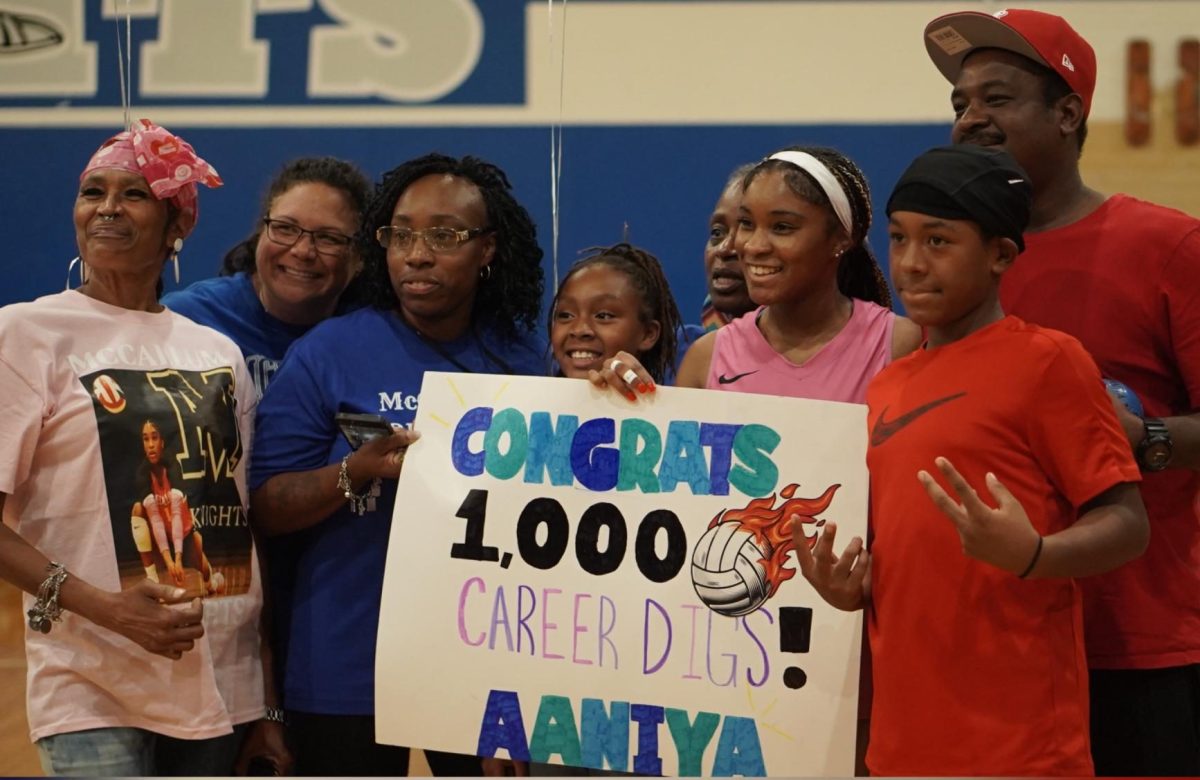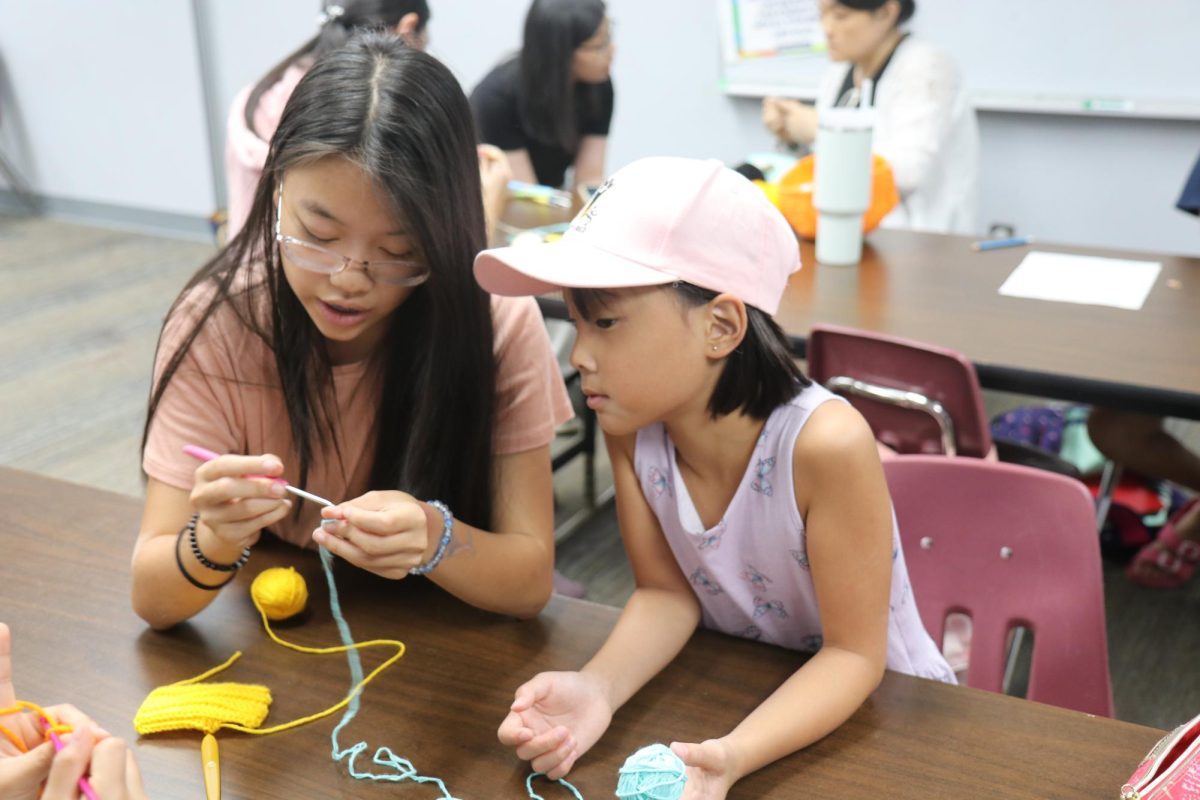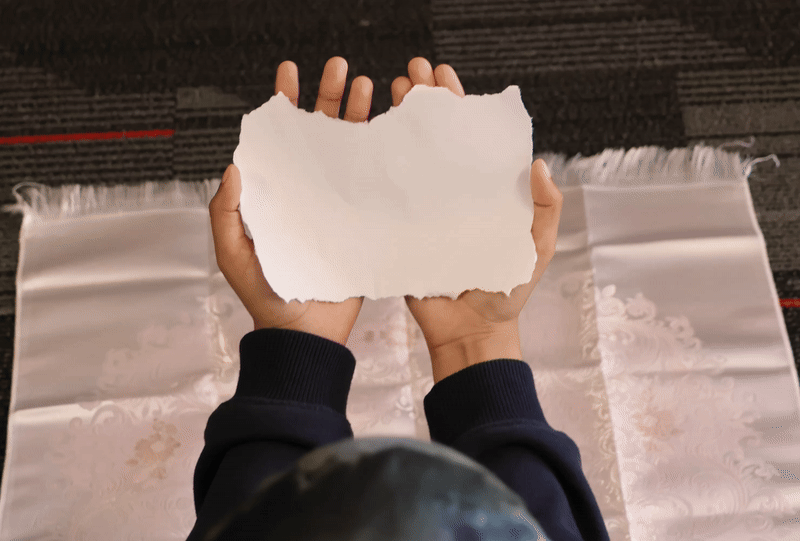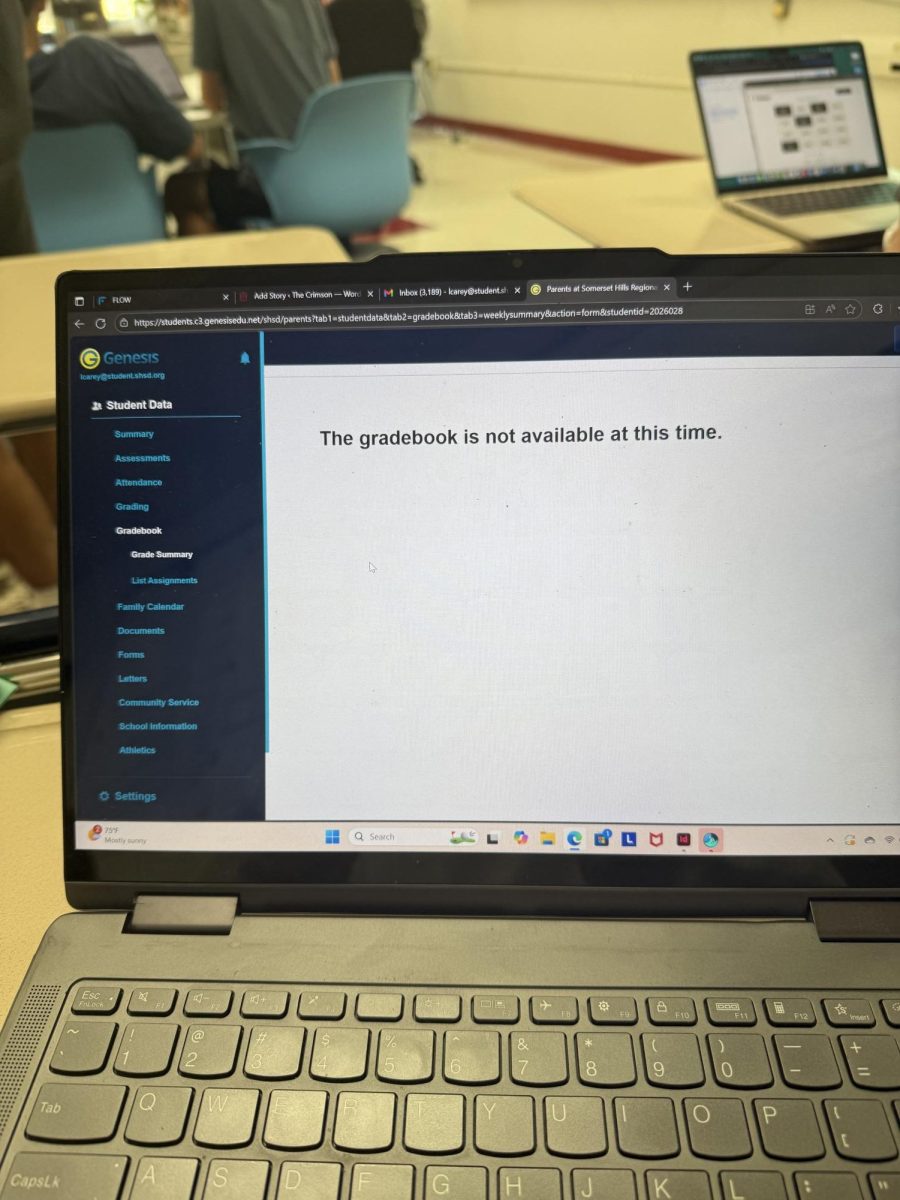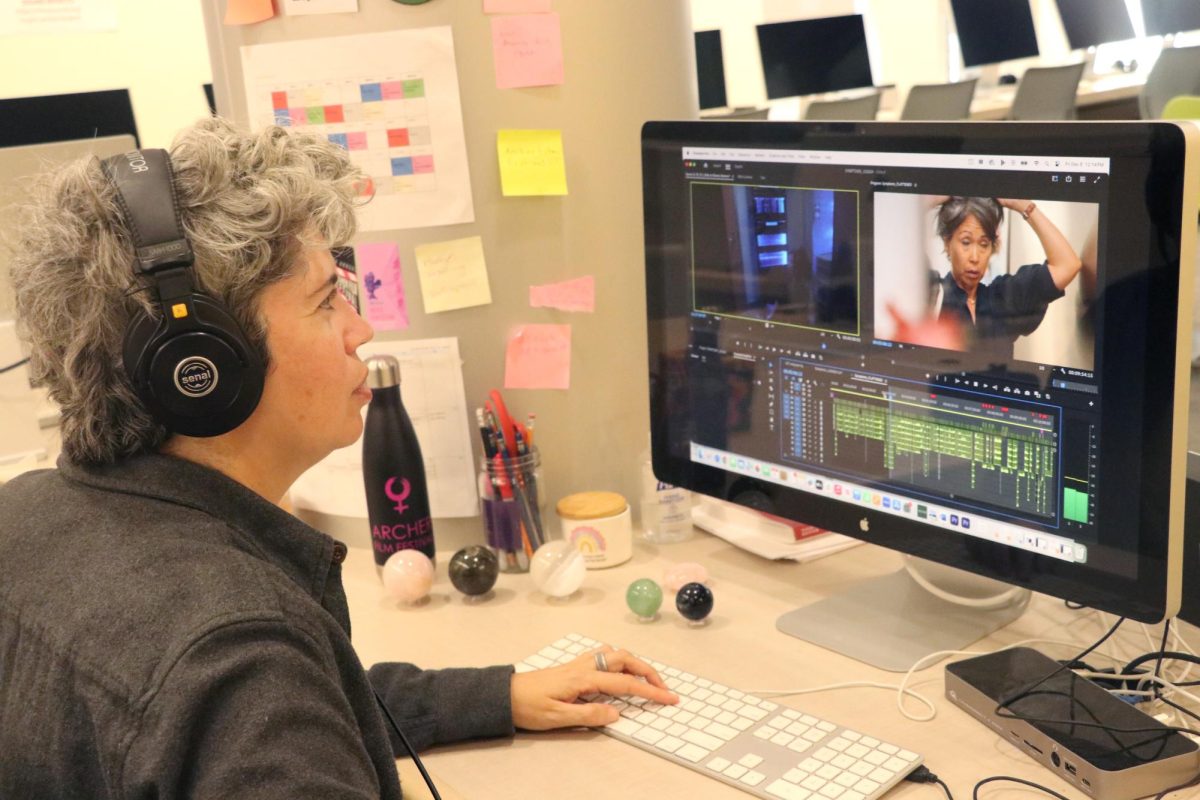Sebold got involved in helping others to tell their stories by writing and producing a feature documentary called “Red Without Blue,” exploring the relationship between two identical twins and how their lives shifted when one came out as transgender. Since discovering documentary-style films, Sebold said it is a constant debate about what approach they want to take for each story.
“I get to kind of figure out what form excites me the most for that particular story,” Sebold said. “Allowing someone to sort of see someone else’s perspective and try to understand it, because as a human being you don’t get to really try on someone else’s shoes, unless you’re watching a film or reading a book”.
This emphasis on perspective and understanding extends beyond Sebold’s filmmaking and into their teaching. Sebold’s approach of using film to showcase the experiences of underrepresented communities has inspired students, such as Arissa Lalani in their film class at Archer. Lalani spoke about how Sebold creates an environment that encourages students to take creative risks.
“She inspires me through her patience, kindness and dedication to our learning,” Lalani said. “She creates a learning environment where we feel supported and encouraged to take risks creatively.”
Freshman Jackie Mayne shared a similar sentiment, noting how Sebold’s active involvement and passion for the subject make the learning experience more engaging.
“One thing that really inspires me about Mx. Sebold is how engaged and involved they are in the class,” Mayne said, “and how passionate they are about the subject.”
This same level of engagement and dedication is displayed through Sebold’s work outside the classroom. They created their award-winning film “I Changed My Mind” about a formerly transphobic mother, Janna, who finds love and acceptance for her transgender son after his attempted suicide.
“I think the reason that Janna’s story is so moving and strong is because she can remember where she was coming from,” Sebold said. “Therefore, she can speak to parents who are still in that position.”
“I Changed My Mind” was produced by Steve Goldbloom, producer and founder of “Second Peninsula.” Goldbloom met Sebold while working alongside them as editors on the award-winning series “Brief But Spectacular.”
“Brooke was somebody who had the skill set to do it themselves, and so that was the big skill with Brooke,” Goldbloom said. “It was Brooke’s idea to come up with a series that modeled intellectual humility and the changing mind.”
Goldbloom also addressed the challenges of producing “I Changed My Mind” and how media impacted its success. He emphasized the importance of showcasing the experiences of ordinary people while maintaining the integrity of those being profiled.
“In doing what we’ve been doing, we’ve really been engaging with our audience,” Goldbloom said. “We see the appetite they have for people they don’t know they need to meet.”
One of Sebold’s close friends, Morgan Faust, said Sebold chooses to cover difficult topics, despite how the media overlooks them.
“Brooke is just not someone who is going to shy away from that sort of call,” Faust said. “When I had an interview with them, they were saying how even though a lot of these things the media doesn’t want to showcase them because they think it’s too controversial, they still decide to showcase it, which I think is really important.”
Faust said we are living in at a time, where there’s a natural shift towards stories that emphasize queer characters and themes. Faust said that during the Santa Barbara Jewish Film Festival, guards stood outside the doors to protect the Jewish people inside. Sebold confidently shared a film that highlighted the intersectionality of being queer and Jewish.
“I think that was really a moment where I did feel their strength and their resilience of just like, this is who I am,” Faust said. “The world doesn’t change that, and we’re going to show up and be ourselves and enjoy the moment and celebrate the people who are here.”
Sebold said they consistently motivate those around them to embrace film as a tool for advocacy and self-expression.
“Hopefully one day there’s an equal amount of female, male and also nonbinary directors,” Sebold said. “That the people who want to tell their stories have the opportunity to do that.”
This story was originally published on The Oracle on February 4, 2025.




